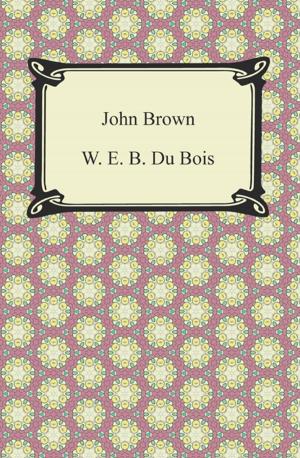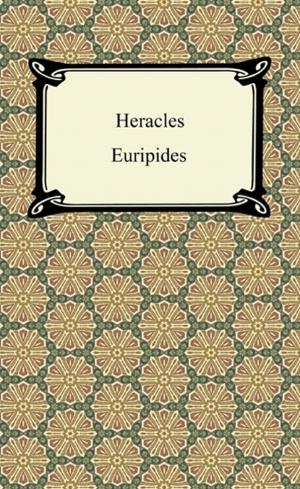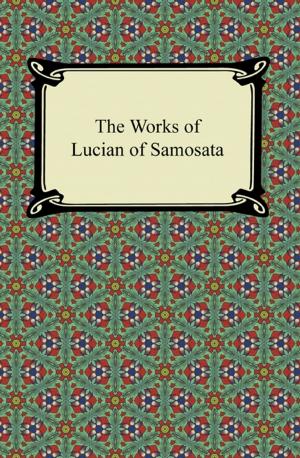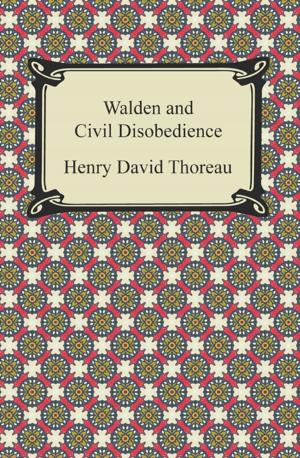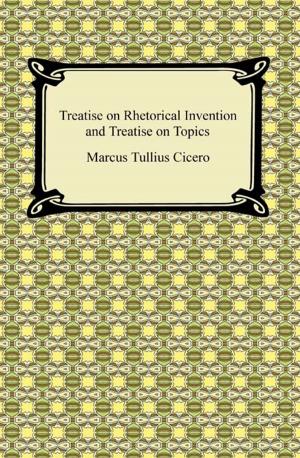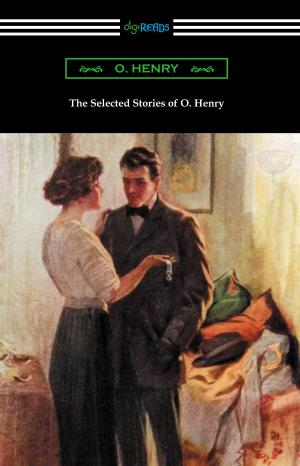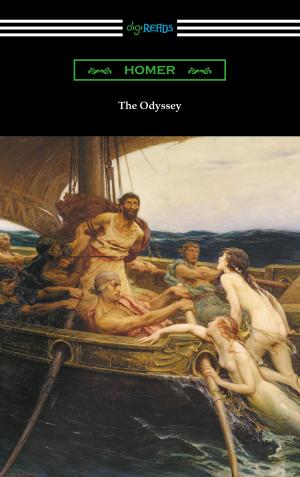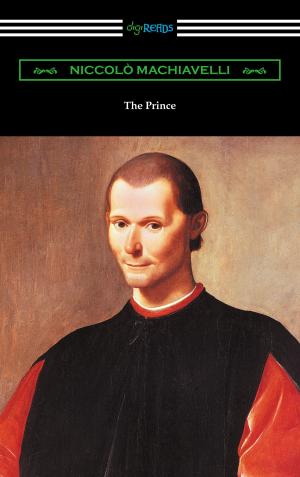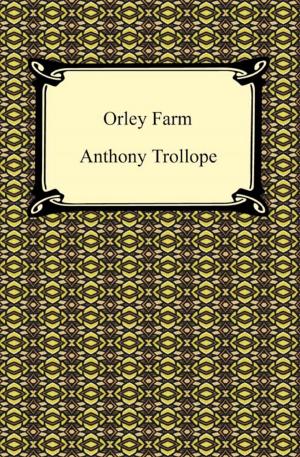| Author: | Pierre de Beaumarchais | ISBN: | 9781420943566 |
| Publisher: | Neeland Media LLC | Publication: | December 15, 2009 |
| Imprint: | Digireads.com Publishing | Language: | English |
| Author: | Pierre de Beaumarchais |
| ISBN: | 9781420943566 |
| Publisher: | Neeland Media LLC |
| Publication: | December 15, 2009 |
| Imprint: | Digireads.com Publishing |
| Language: | English |
Pierre-Augustin Caron de Beaumarchais (1732-1799) was an exceptional French writer of prose comedy during the eighteenth century. He is best known for his theatrical works of the three Figaro plays. Beaumarchais had an action-filled career as a watchmaker, musician, secret agent, businessman, diplomat and a financer of revolutions. His literary career was as turbulent as his personal life. After a series of lawsuits in Paris, the accounts of his trials made his reputation as a sarcastic, effective, and recognized writer. "The Barber of Seville" (1775) was originally a comic opera, or a mixture of spoken play with music. The story was based on an ill-fated alliance between Beaumarchais' sister and José Clavijo, a Spanish writer. In addition, Beaumarchais raises a cry for the condemnation of the prevailing social system through his main character, Figaro. The work was prohibited in 1773 for indecency then received with great success two years later.
Pierre-Augustin Caron de Beaumarchais (1732-1799) was an exceptional French writer of prose comedy during the eighteenth century. He is best known for his theatrical works of the three Figaro plays. Beaumarchais had an action-filled career as a watchmaker, musician, secret agent, businessman, diplomat and a financer of revolutions. His literary career was as turbulent as his personal life. After a series of lawsuits in Paris, the accounts of his trials made his reputation as a sarcastic, effective, and recognized writer. "The Barber of Seville" (1775) was originally a comic opera, or a mixture of spoken play with music. The story was based on an ill-fated alliance between Beaumarchais' sister and José Clavijo, a Spanish writer. In addition, Beaumarchais raises a cry for the condemnation of the prevailing social system through his main character, Figaro. The work was prohibited in 1773 for indecency then received with great success two years later.


